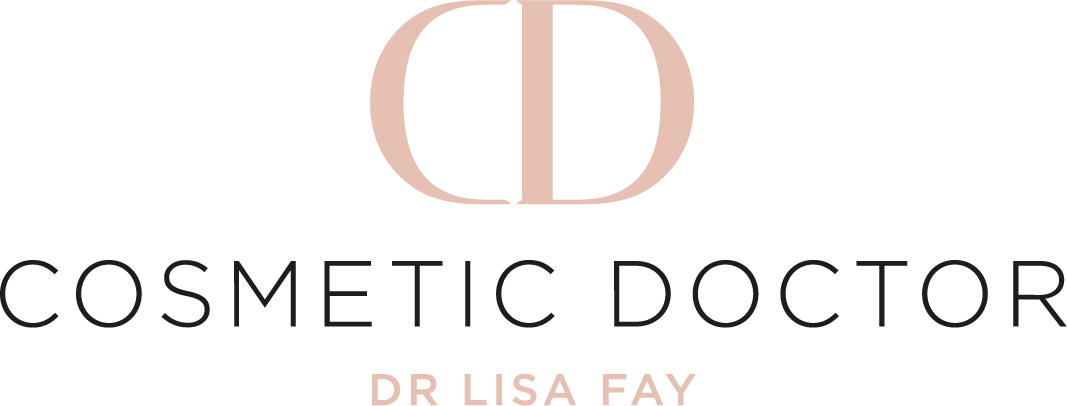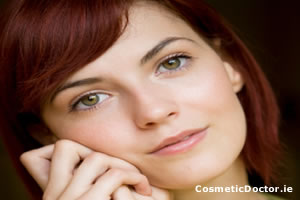The vast majority of teenagers will get acne at some point, as shifts in hormone levels stimulate oil glands to produce high levels of sebum (skin oil) and it combines with dead skin cells to clog pores.
Clogged pores can become inflamed, leading to pimples on the face, neck, back, chest and shoulders. Acne usually makes an appearance during adolescence years, specifically the pre-teen and teenage time frame, though as puberty often starts later in boys than in it does in girls, boys frequently get acne at a later age than girls do.
Acne in Boys
Boys develop higher levels of a hormone called androgen, which is associated with male traits like greater muscle mass, deeper voice and body hair. In many cases boys’ acne can be much more severe than girls, spread to more areas such as the chest and last longer.
When boys need to start shaving it poses another problem. Nicking the tops of the acne lesions or pimples makes them worse and can spread bacteria; as well as impacting healing as wounds are constantly being opened.
Tips for Shaving with Acne
- Wet the face thoroughly with lukewarm water before shaving to help soften the facial hairs.
- An electric razor may be easier on the surface of the skin.
- If using a normal razor, ensure it is sharp razor, as dull razors often lead to irritation and breakouts.
- Shave lightly; attempting to ‘shave off’ the acne aggravates the condition.
Boys who shave may also be at a higher risk for acne breakouts. This is particularly the case with dull or low quality razors as well as not using shaving cream.
Acne in Girls
Girls are usually quicker to seek a skin care product than boys are, and have the option of using makeup to help conceal the acne breakouts. However, use of oily or pore-clogging make-up may exacerbate the problem.
Acne can appear as one of the following:
Whiteheads: White dots that are pores impacted with oil and skin covered by skin layers.
Blackheads: Black bumps that are impacted pores in which material pushes out through the follicles. The black colour is not from dirt. It may be from bacteria, dead skin cells, and matter that react with oxygen.
Papules, pustules or nodules: More serious lesions appearing red and swollen due to inflammation or infection of the tissue around the clogged follicles, which are often painful and feel hard.
Cysts: Deep, pus-filled pimples.
Factors that may worsen Acne in Teenagers
- Friction caused by leaning on or rubbing the skin; harsh scrubbing
- Picking or squeezing blemishes
- Pressure from bike helmets, backpacks, or tight collars
- Changing hormone levels in adolescent girls and adult women two to seven days before the start of the menstrual period
- Stress – High levels of stress trigger inflammation in the body which can cause breakouts.
How to help avoid or lessen acne
- Cleanse your skin twice a day. Avoid scrubbing hard with a washcloth as this can worsen the condition by irritating the skin.
- Remove any sweat, oil or makeup applied earlier in the day- never go to bed with make-up on, or allow sweat to dry on the skin
- Teens tend to get acne in the T-zone of the face (chin, nose, and forehead). Using the correct products recommended by Cosmetic Doctor can help prevent this.
- Don’t touch your face, because the oil and bacteria from your hands can worsen your teenage acne.
- Do not squeeze pimples; it increases risk of scarring and spreading bacteria.
Acne treatments
Acne treatments at Cosmetic Doctor for boys and girls contain active ingredients, which remove the dead skin cells, bacteria and other factors that cause acne lesions to become inflamed.
Dr. Fay may recommend stronger treatments to prevent acne scars such as topical or oral antibiotics, prescription-strength topical retinoid, or both.
Cosmetic Doctor will recommend an acne treatment plan based on several factors, including:
- The severity of the acne.
- The presence of acne scars.
- The response to past acne treatments.
- Other medical conditions.
Sometimes acne medication may cause your skin to look worse before it looks better, and it may be a month or two before you see any signs of progress. Cosmetic Doctor will monitor the progress and make medication adjustments where necessary, as well as recommending treatments to reduce the appearance or risk of scarring and pigmentation marks as a result of acne.
For information about the acne clinic at Cosmetic Doctor call 01 685 3100.

